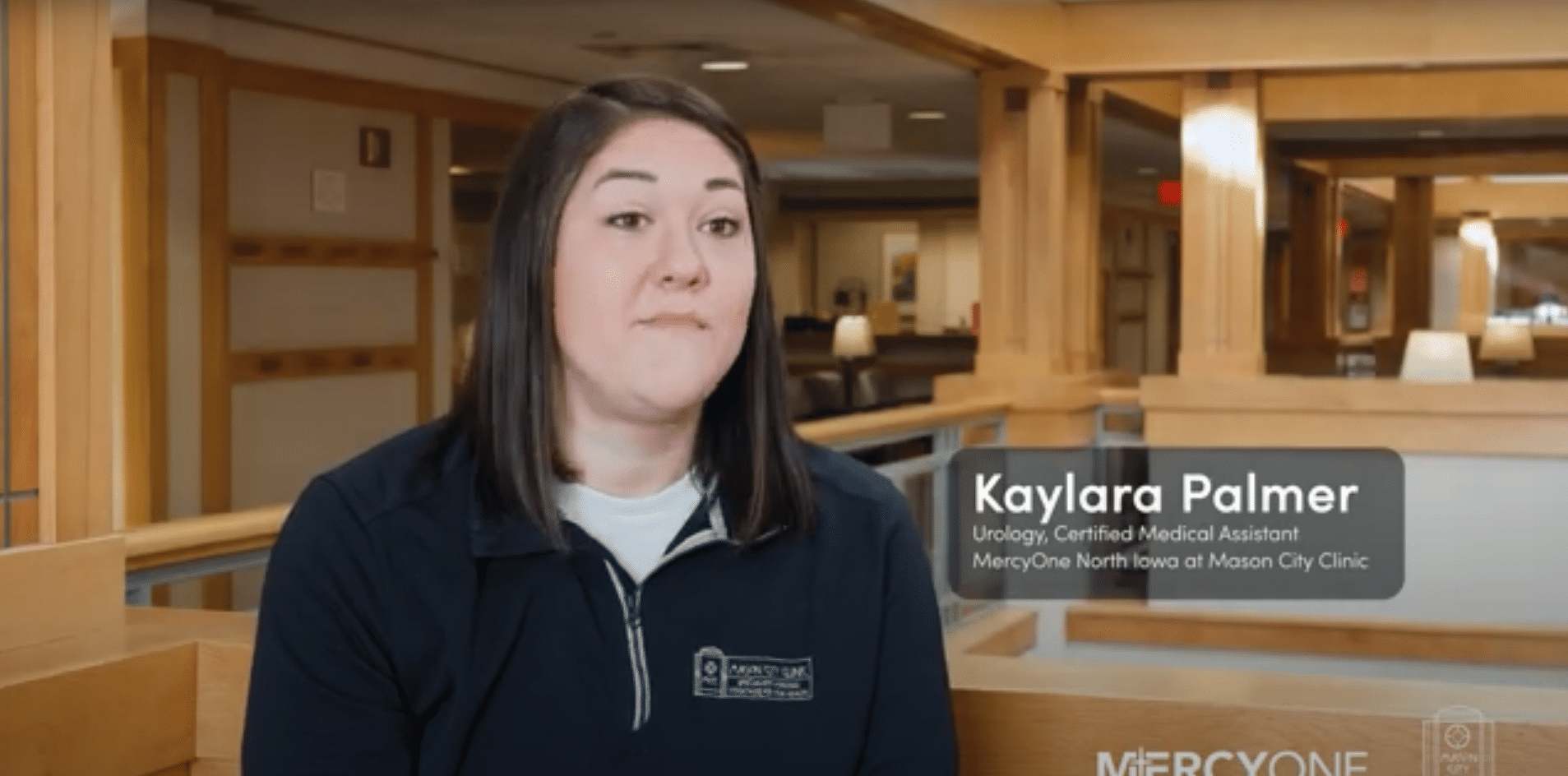View Transcript
Elizabeth Takacs:
If you look at the literature, there are some reports of how incontinence can affect mental wellbeing and how prolapse can limit physical abilities because it’s uncomfortable. I think in many ways it’s like treating my mother, treating my sisters, and making women more knowledgeable about the condition and what are the options. For me that’s a really big thing is, knowledge is power. The most common types of incontinence that they experience are stress incontinence, which is leaking with coughing, sneezing, activity, and then urgency, frequency, and urge incontinence. Urge incontinence is leaking with the sudden urge to go to the bathroom.
For stress incontinence, if we aren’t pursuing non-surgical options like behavioral therapies or vaginal inserts, it’s really looking at two broad categories of surgery, which is either a bulking agent, which is injecting around the urethra or more of a sling.
Urge incontinence, there are two classes of medications that we can use, and then there’s also a number of different surgical interventions, and that includes things like injecting the bladder with Botox. Same Botox we use for faces or cosmetic purposes, sacral neuromodulation, which is kind of an implant, and then stimulating a nerve in the ankle called tibial nerve stimulation.
For pelvic organ prolapse, so that condition is where the organs of the body are herniating or dropping down through the opening of the vagina, and usually patients have a symptomatic bulge, so they feel something coming outside of the vaginal opening. From a non-surgical perspective, using something like a pessary, which is a vaginal insert that just provides support. Surgical options exist both through the vagina as well as through the abdomen.
I think one of the biggest things that I do for patients with recurrent UTIs after excluding anatomic causes is discuss with them the use of topical estrogen cream vaginally. That is far and away one of the best options that we have for patients that are good candidates for it.
Video Summary
Dr. Takacs dives into Urology Treatments for women, encompassing both surgical and non-surgical options. Common concerns addressed are stress incontinence, urge incontinence, pelvic prolapse, and UTI-related issues.
Research indicates that incontinence can have a profound effect on a woman’s mental well being and prolapse may hinder a woman’s physical ability. Dr. Takacs emphasizes the importance of knowledge for women. Dr Takacs wants to help women understand the treatment options and develop a treatment that will relieve their suffering.
To learn more about Dr. Takacs and treatments for female urologic conditions go to: https://mcclinic.com/services/urology/
 Dr. Elizabeth Takacs, Female Urologist
Dr. Elizabeth Takacs, Female Urologist
 Kaylara Palmer, Medical Asst, Urology
Kaylara Palmer, Medical Asst, Urology
 Cryoablation of kidney cancer — Timothy Mulholland, MD
Cryoablation of kidney cancer — Timothy Mulholland, MD